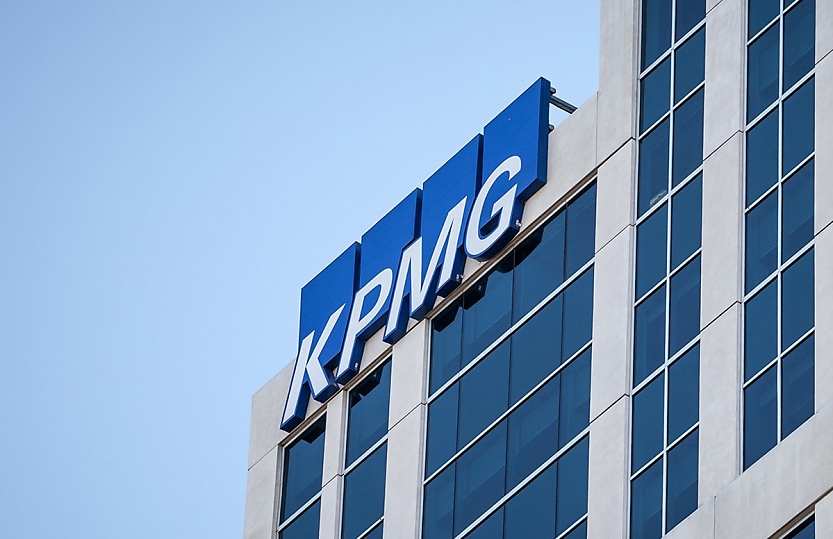KPMG survey reveals CEOs plan to bolster AI investment

The majority of Australian and global CEOs believe generative AI is a top investment priority for their business, according to research by KPMG.
The annual KPMG International CEO Outlook survey has revealed that Australian and global CEOs believe generative AI is a top investment priority, despite tough economic conditions.
This year marks the 10th anniversary of the survey, which includes 1,325 CEOs in 11 leading economies, including Australia.
From the results, 58 per cent of Australian CEOs see generative AI as a top investment priority and 64 per cent of global CEOs agree.
The results found most Australian CEOs are confident in the growth prospects for their companies over the next three years, despite growing concerns over an economic slowdown.
Along with this, 64 per cent of Australian leaders and 72 per cent of overseas CEOs said they feel more “under pressure” than the previous year to ensure the long-term prosperity of their business.
KPMG Australia CEO Andrew Yates said he is not surprised to see generative AI as the top investment priority, given its transformative potential.
“I am encouraged to see that business leaders do not view it as a threat to their employers, but on the contrary as a driver of job productivity,” Yates said.
“It is clearly also going to encourage them to take a fresh look at staff training and development, which is positive.”
The survey highlighted that 42 per cent of Australian and 35 per cent of global CEOs said they are not ready to safely and effectively introduce generative AI, despite three-quarters believing it would benefit their company.
It was also demonstrated that over 70 per cent of Australian and global CEOs do not believe generative AI would impact their staff levels.
KPMG said the CEOs’ commitment to generative AI is strong despite many not expecting a return on their AI investments for up to five years.
“The principal benefit was seen as increased efficiency and productivity through automating routine operations, while the biggest challenge to AI was seen as ethical by 52 per cent of Australian and 61 per cent of global CEOs,” KPMG said.
“Other issues named by around half of CEOs included technical capability and skills required to implement AI; lack of regulation; the cost of implementation and security.”
Only a minority of CEOs believe their employees have the skills to leverage the benefits of the new technology.
However, it was reported CEOs are willing to train and develop their staff to adapt to the integration.
Yates said KPMG has welcomed movements from the government towards the adoption of AI.
“Lack of regulation was seen as a challenge to AI adoption by half of CEOs, so we welcome the federal government’s new voluntary AI safety standard as an important step in building safe and ethical AI practices and the proposal for mandatory guardrails to be introduced for high-risk AI applications.”
Yates said despite CEOs being confident, more needs to be done to attract the Australian general public to the idea and opportunities of AI.
“Research we have undertaken with the University of Queensland has shown that many Australians are yet to be convinced that the benefits of AI outweigh the risks,” he said.
“So, regulatory action in this area to promote safety in the deployment of AI and build public trust is timely.”
About the author







